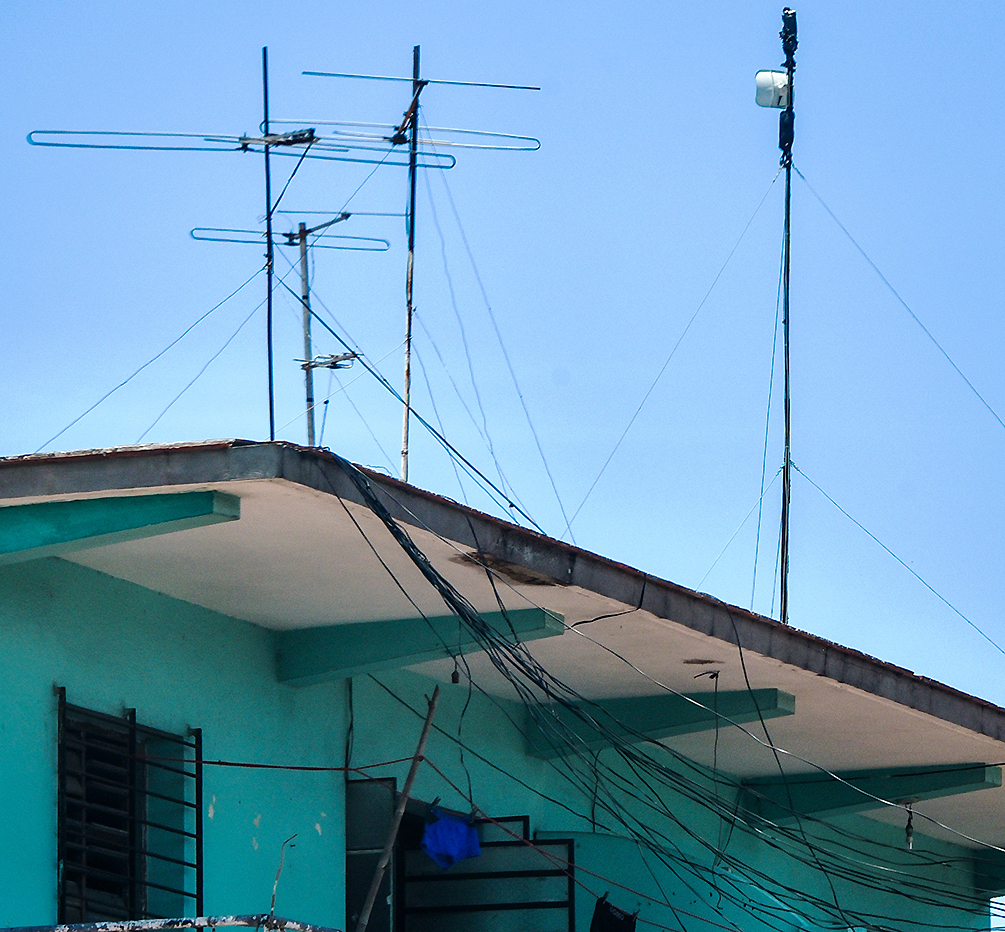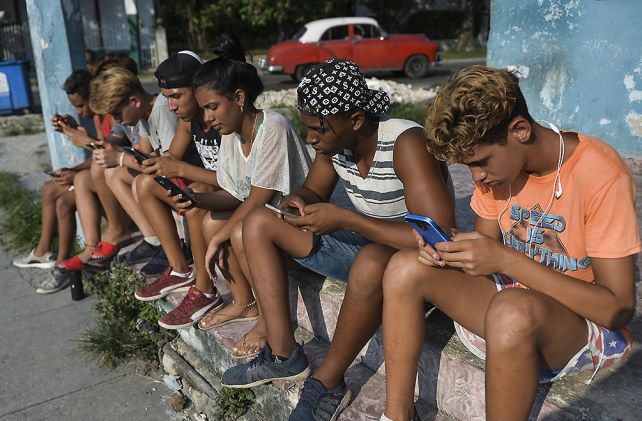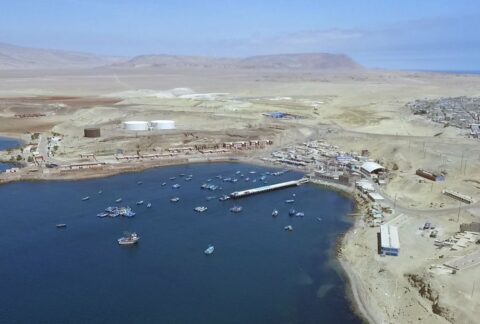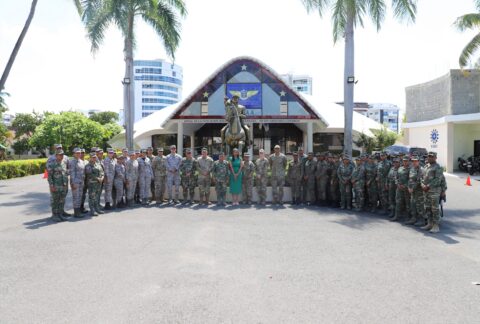On July 29, 2019, the Cuban government authorized the use of private data networks to establish remote internet connections. The new regulations, however, contain a series of restrictions that violate international norms and prohibit the participation of basic components that managed to connect entire municipalities.
“It’s unbelievable that a country like Cuba, which should promote socialization of relations, would attack this kind of network, built and managed by the community itself in a nonprofit and apolitical way,” José Raúl Gallego, professor at the School of Languages and Communication at the University of Camagüey Ignacio Agramonte in Cuba, told Diálogo.
The norms regulating the use of private networks and data, as well as the use of high-speed wireless systems of the Cuban Ministry of Communications (MINCOM, in Spanish), have criminalized shared mesh networks, which allow people to communicate, and also restrict the output of wireless equipment, said Spanish news agency EFE. The regulations did away with the country’s first nongovernmental self-managed network — a service users would extend through many houses connected to a single cable. The network, created in 2001, because of difficulties in getting internet services, allowed more than 100,000 users to share content and opinion through virtual forums.
When the norms were enforced, the self-managed network fought to avoid being dismantled. After government security agents threatened and detained system users and administrators, state-owned computer network Joven Club arbitrarily absorbed the internet infrastructure, said Yucabyte, a Cuban website that focuses on information technology. In its 35 years of existence, Yucabyte added, Joven Club has connected via fiber optics a little under half of its facilities throughout the country. According to the MINCOM website, Joven Club only has 600 facilities.
“These kinds of networks are promoted at the international level not only for economic reasons, but also because they empower people, promote literacy and participation, and create new job opportunities,” said Gallego. “Cuba needs self-managed networks to guarantee the social use of the radio spectrum,” Fidel Alejandro Rodríguez, lecturer at the University of Havana’s School of Communication, said on Facebook.
Regulations on Cuban digitalization prohibit “having websites abroad and spreading information through networks that is contrary to social interest, moral standards, good practices, and people’s integrity,” said the 45th State Official Gazette. Decrees impose fines and equipment seizures for offenders.
Cuba is among the countries with the highest censorship rates; the government offers citizens a controlled intranet, according to Washington-based nongovernmental organization Freedom House. In addition, network surveillance is used to identify independent journalists and political dissidents.

“Authorities recognize that updating their economy requires greater connectivity, but they worry that greater access can encourage dissidence,” William Leo Grande, professor of Latin American Politics at American University in Washington, D.C., told The New York Times. “There is always tension between the political risk of giving internet access and the economic need of expansion.”
The Cuban State must cease any form of internet surveillance, as it constitutes interference in the private lives of people, said the Special Rapporteur on the Promotion and Protection of the Right to Freedom of Opinion and Expression of the Organization of American States’ Inter-American Commission on Human Rights in its December 2018 report Freedom of Expression in Cuba. “For a totalitarian system like the Cuban one, any empowerment or association that exists outside official spaces is dangerous,” Gallego concluded.









